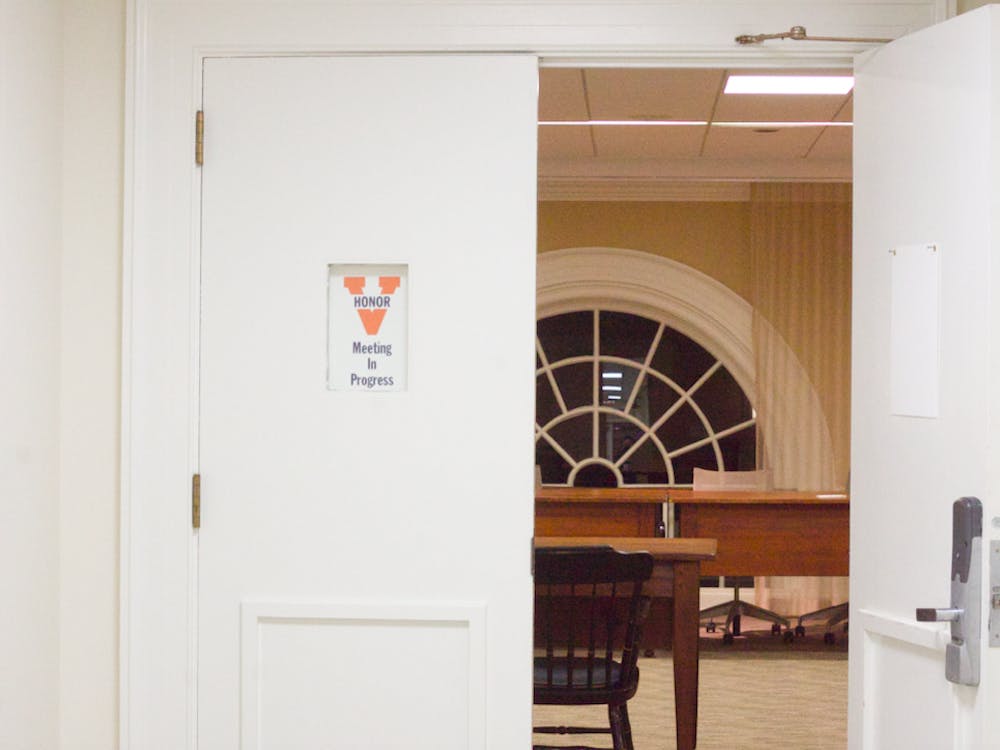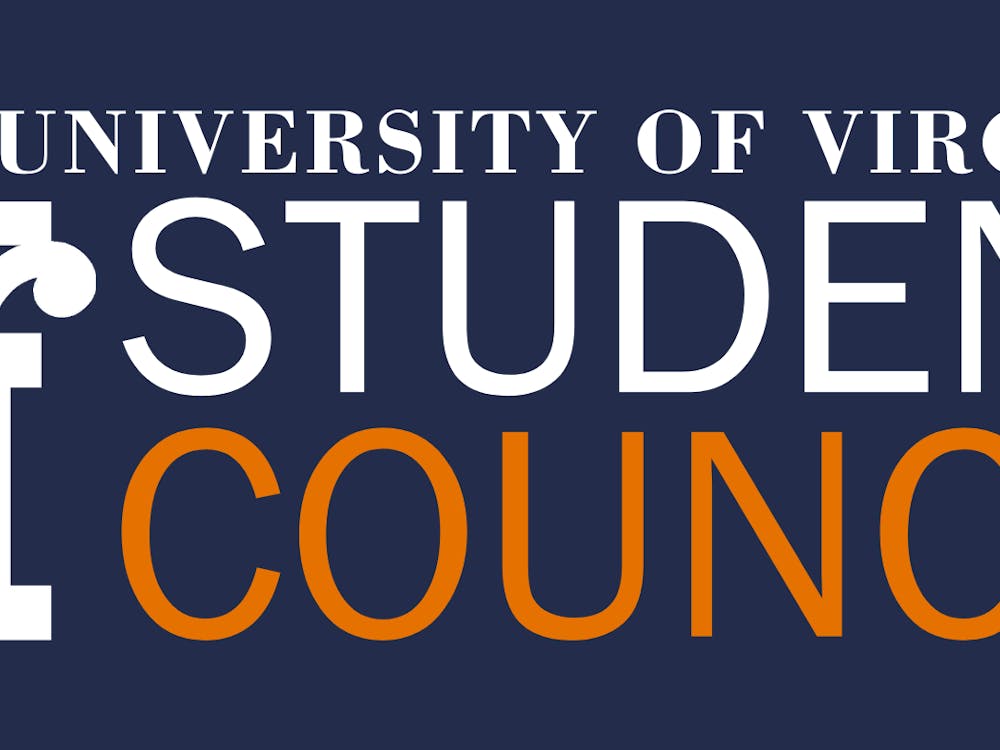High-quality academic advising is a major key to success both in post-secondary education and in the workplace. A good advisor can guide students to academic excellence and develop relationships with advisees that open doors to internship and job opportunities. Unfortunately, the professor-driven advising system at the University is seriously flawed and students rarely reap the benefits of great advising. The University could easily correct its advising problems, however, by hiring a team of professional academic advisors.
At the University, students are assigned professors as their academic advisors once they enter. Certain students can get to know their academic advisor through a COLA class in which the professor teaches a small number of advisees about a select topic, but many first-years do not have the opportunity to take these classes due to enrollment limits.
As a result of this, students are often assigned academic advisors with whom they share few common interests. They struggle to build relationships with these advisors until they declare a major, which can be as late as their third year in the College. Until then, students usually meet with their advisors once a semester just to get their SIS unlocked so they can register for classes. I’m sure the University intended for the professorial advising system to move professors into mentorship roles for their advisees, but since few are immersed in similar programs of study to their advisees, the positive effects get lost in translation.
Other academic institutions such as the University of Chicago and Temple University employ full-time professional advisors, so they have the opportunity to dedicate as much time as possible to building successful relationships with students. Jeffrey J. Selingo, author of “College (Un)Bound: The Future of Higher Education and What It Means for Students” and a contributing editor to The Chronicle of Higher Education, explored Temple University’s professional advising system in his 2014 New York Times article on the benefits and costs of professional advising networks. While Selingo explained it is difficult to tell if professional advisors are actually better at advising than faculty, Irina Veramidis, a professional advisor at Temple whom Selingo interviewed, said “we’re always here and we’re less intimidating than faculty, who are inaccessible to a certain extent.”
At a school like the University, with nearly 16,000 undergraduates in need of advising help, accessibility and availability are of utmost importance for advising. Professionals would have the time to dedicate to the advising program that professors, by nature of their career choice, just do not have.
Professional advisors are also trained to assist students in varying academic programs. Faculty members are experts in their respective crafts, but they are not usually well-equipped to advise students who are interested in academic departments other than their own. A key benefit of professional advisors is that they would be experts in the craft of counseling and helping students through the difficulties of post-secondary education, rather than just experts in a specific academic field.
Having a network of people whose only job is to advise would also solve numerous other problems associated with the current advising system. For one, eliminating advising responsibilities from the schedules of professors would allow them to focus more heavily on educating the students who have elected to take their classes. Professors would still be able to maintain mentor-mentee relationships with their students but they could elect to do it on their own time through office hours.
Though hiring a group of professional academic advisors would require the University to incur an expense, high-quality professional advising is another way for the University to differentiate itself from its competitors. Many of the University’s in-state academic rivals, such as the College of William and Mary, use faculty members to advise. By creating a network of professional advisors, the University would reap all of the benefits listed above and could attract prospective students and their parents by explaining the quality and amount of time that full-time advisors would dedicate to students.
As a top-notch academic institution, the University cannot afford to deprive its students of the advising attention needed to attain academic success. The system currently in place is doing just that. Changes need to be made to ensure that each student has the resources he needs to thrive. A successful professional academic advising would only solidify the school’s reputation as one of the best of the best.
Carly Mulvihill is an Viewpoint writer.





